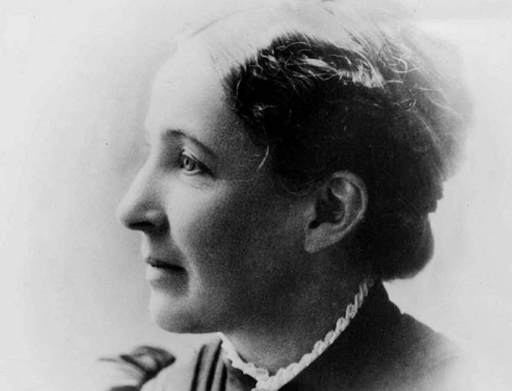Put down your phone. Put down the books. Go into your room and face the terrifying prospect of your own company. Ask yourself what you’re thinking about. Require yourself to answer.
We are altogether uncomfortable with silence today. Only hear how the natural pauses in conversation are commandeered — it is better to speak of nothing than for nothing to be said. We open our eyes to email screens and close them to late-night TV. We talk on the phone in the car, on the toilet and in the gaps between things, we pipe music straight into our ears so that we are never, even for a moment, left in silence.
Yet solitude and silence are not the preference of an introverted few, but a human necessity, underappreciated and underutilized. Richard Foster calls them “spiritual disciplines,” and this carries a biblical resonance.
There are times for loud hosannas, but when God speaks, he sometimes uses a still, small voice.
This small voice is lost in the chatter of an average day, buried in the fine print of our magazines and the backup vocals on our favorite tracks. It surrounds us, but we’ve forgotten how to hear it, like a language we’ve forgotten that we speak.
It is easier to see the invisible with our eyes closed.
When I board the bus for my internship downtown, I pack my bags with books to occupy myself in all the insufferable, inefficient gaps that riding a public bus requires. I read through delays and bus stop scuffles and missed transfers, making what I believe to be the most efficient use of my time. I read, the woman next to me texts and the man next to her stares out the window to watch the cars race by. For the harried, even a city bus can be a chapel.
When I rest from work, I don’t turn off my laptop, but only switch websites. We consume, consume and never digest. We hoard information, save other’s opinions, are quick to ask and quicker to answer — we gorge on stimulation, terrified of what we’ll find when we are left alone with ourselves. We don’t find ourselves good company.
As silence is necessary to hearing, so is solitude necessary to being. Richard Foster calls it “a discipline of abstinence:” refraining from a good thing for the temporary expression of something better.
Solitude is not loneliness, but almost its opposite — filledness. It is, as Henri Nouwen says, a movement “from the restless senses to the restful spirit, from the outward-reaching cravings to the inward-reaching search.”
Solitude gives rest to the self we show to others. In the silence of our own company, we give ourselves space to mourn, to notice, to delight.
When we uncoil our minds from the blaring of Facebook posts and class notes, we realize who we are; for where our minds steal in silence is where we have placed our hope. I wonder, if we saw our idols, we would even recognize them?
I wonder what the thoughts are that we are afraid to think. We feel them fighting for air, and we suppress them; we drown them out with noise.





